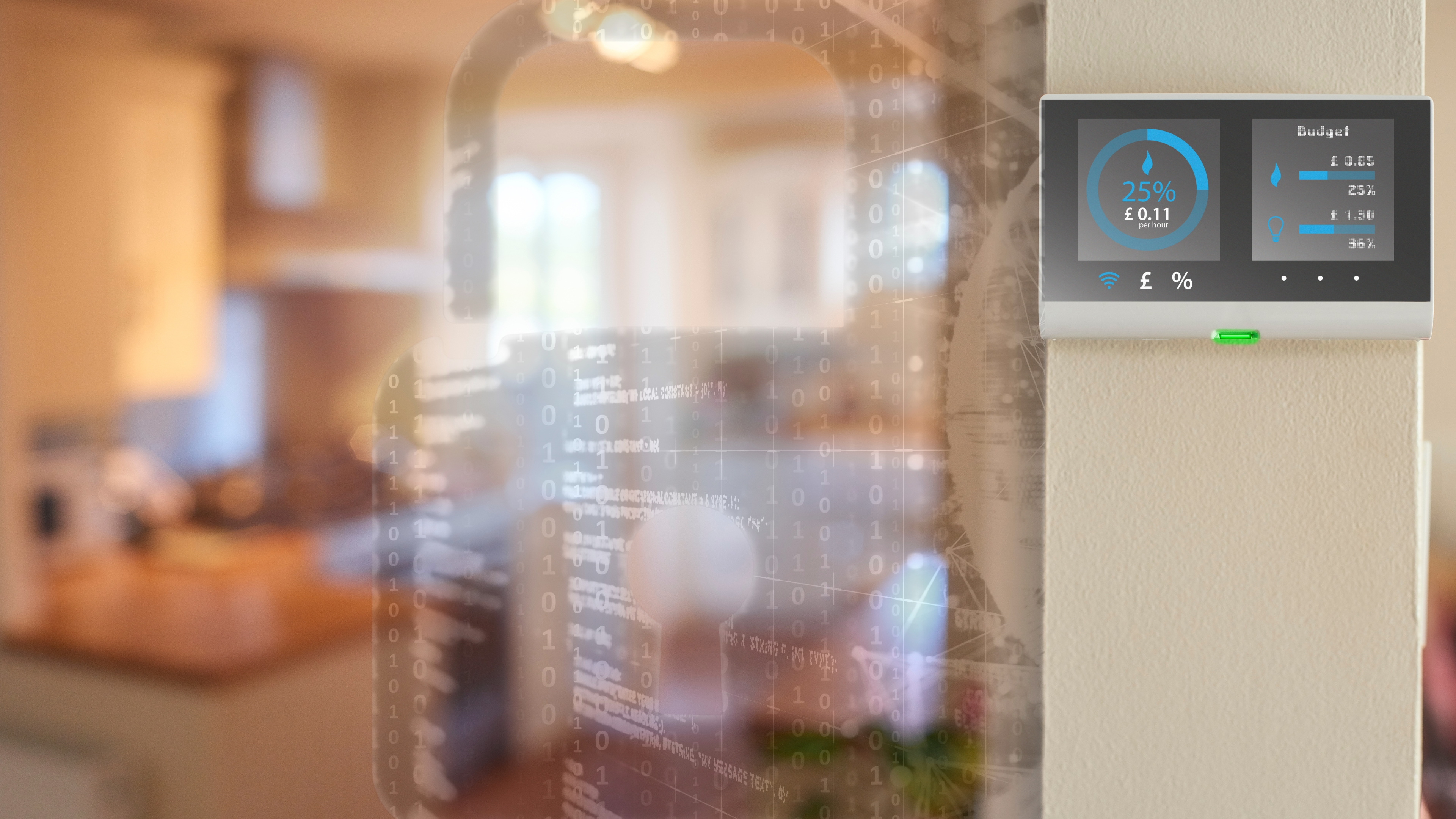
Smart meter data holds significant potential for innovation, energy use efficiency, and the low-carbon transition. Stakeholders, including businesses, researchers, and policymakers, recognise these benefits and support wider access to this data.
Energy Suppliers and Network Operators are the primary users of smart meter data today. The DCC 'Other User' market often struggles to justify the costs of accessing consumption data due to privacy overheads (e.g. consent management) and inconsistent data retrieval. This consumption data is typically low-value unless aggregated or used for specific or one-off purposes (e.g., solar installation quotes).
The Energy Systems Catapult recently proposed a 'Data for Good' initiative (🔗 Full report here: Data for Good), recommending a dedicated entity to govern and facilitate wider access to smart meter data. While wider access is appealing, privacy concerns have historically limited its potential. The ICO (Information Commissioner's Office) has previously noted that it considers consumption data as sensitive and has separately raised concerns about consumer consent for MHHS, suggesting its use should be restricted to settlement purposes.
A robust governance framework is therefore essential to ensure the responsible and ethical use of wider smart meter data access. While the Energy Systems Catapult report proposes expanding access primarily for consumer research and business model innovation, these broad categories may require more specific definitions to comply with data protection regulations. Data obfuscation/pseudonymisation could be considered, but this may limit data usefulness.
From a supplier's standpoint, any design should minimise unnecessary DCC message traffic; repeated requests for the same information will likely degrade performance of the overall system. Ultimately, any such initiative must focus on maintaining consumer trust in smart meters and their primary functions.
- Terry Underwood (Product Owner, Flui R&D)
Request further information to see how our solutions can support your business.